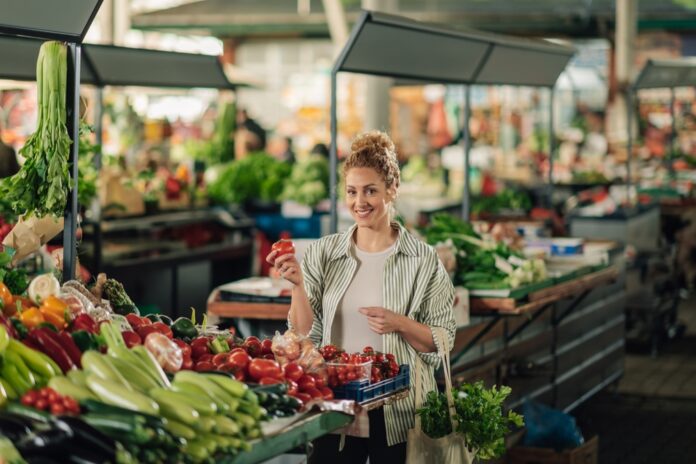
Farmer’s markets aren’t just great places to find fresh produce but also champions of sustainability. By prioritizing eco-conscious practices, these markets play a vital role in fostering healthier food systems, supporting the environment, and helping communities thrive. Whether you’re already a regular visitor or just starting to explore your local market, here’s how farmer’s markets promote sustainability—and how you can contribute to the movement.
Supports Local Economies and Small-Scale Producers
Buying directly from farmer’s markets puts money into the pockets of small-scale producers and local farmers. These purchases strengthen local economies and reduce dependence on industrial agriculture, which can have significant environmental costs. The ripple effect goes even further when these local farmers use eco-friendly farming methods, contributing to long-term land conservation. Shopping locally doesn’t just support sustainability—it also helps preserve traditional agricultural practices while offering you nutritious options to eat healthy on a budget.
Reduces Carbon Footprints
When you shop at a farmer’s market, you buy food grown or made close to home. This way of shopping significantly reduces your food’s transportation distances compared to products sold in large grocery chains. Long supply chains mean more trucks on the road, higher fuel consumption, and increased greenhouse gas emissions. By keeping it local, farmer’s markets cut down on food miles, a win for the planet. Plus, you get the added benefit of fresher, better-tasting produce that hasn’t spent weeks in transit or on a shelf.
Encourages Seasonal Eating and Sustainable Choices
Farmer’s markets make it easy to eat seasonally. Seasonal produce is grown naturally without the need for energy-intensive greenhouses or extensive storage systems, reducing the environmental impact of your food choices. Seasonal eating also aligns with nature’s cycles, ensuring the produce is at its peak flavor. By choosing what’s in season, you also support healthier farming techniques focusing on crop rotation and biodiversity. Seasonal eating isn’t just better for the earth—it’s also a great way to explore diverse flavors and improve your diet with fresh, nutrient-rich foods.
Taking Simple Steps
Farmer’s markets provide an opportunity to engage in sustainable habits actively. One easy tip is to bring your own reusable shopping bags and containers to carry your produce. This simple switch eliminates the need for single-use plastics, which often end up in landfills or oceans. Mesh produce bags are especially useful as they’re lightweight, breathable, and reusable. The pros of using mesh produce bags go beyond convenience; they also help protect delicate fruits and vegetables while reducing waste.
Another way to make your trips more sustainable is to plan ahead. Make a shopping list based on what you genuinely need to avoid overbuying food that could go to waste. Some markets even encourage vendor-specific programs, like composting systems, which you can support by returning food scraps.
Builds Sustainable Communities
Farmer’s markets are about buying produce and building connections. They create a space for the community to come together, learn about sustainable practices, and share ideas that benefit everyone. Many markets host workshops or events centered on eco-conscious living, allowing you to broaden your knowledge and deepen your commitment to sustainability. Participation helps foster a culture of transparency and accountability, allowing consumers to understand where their food comes from and its impact on the environment.
Farmer’s markets are important in promoting sustainability while offering fresh, locally grown options that are good for the planet and your wallet. By visiting them, you support small-scale producers, reduce your environmental impact, and encourage eco-friendly practices. Take the first step toward sustainability today by visiting a nearby farmer’s market. Grab a reusable bag, explore the seasonal offerings, and join the growing movement of eco-conscious eaters.


